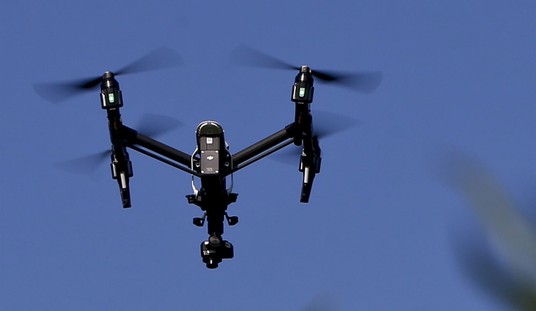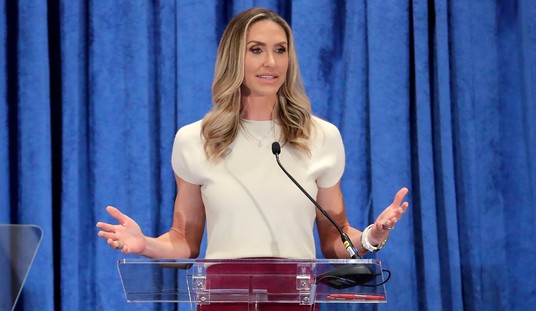Late Wednesday afternoon, President Donald Trump signed the bi-partisan INTERDICT Act (H.R. 2142, the “International Narcotics Trafficking Emergency Response by Detecting Incoming Contraband with Technology Act) as one of the last official White House tasks of the day.
According to the official White House announcement of the signing, the act “requires U.S. Customs and Border Protection (CBP) to increase the number of chemical screening devices used to interdict fentanyl and other narcotics illegally imported into the United States; and dedicate the appropriate number of personnel to interpret data collected by such devices.”
The act reportedly funds the effort to the tune of $9 million.
Sen. Ed Markey (D-Mass.), along with fellow Massachusetts delegation member Congresswoman Niki Tsongas (D), sponsored the legislation.
Specifically, the INTERDICT Act will:
-
Ensures that CBP will have additional portable chemical screening devices available at ports of entry, mail and express consignment facilities; and additional fixed chemical screening devices available in CBP laboratories
-
Provides CBP with sufficient resources, personnel, and facilities – including scientists available during all operational hours – to interpret screening test results from the field
-
Authorizes – based on CBP guidance – the appropriation of $9 million for hundreds of new screening devices, laboratory equipment, facilities, and personnel for support during all operational hours
The president was flanked by Vice President Mike Pence and 17 members of Congress, representing both chambers and both parties. Just before signing the legislation, one member remarked on the seriousness of the opioid crisis and stressed the need to build on the legislation, saying much more had to be done. Cryptically, the president responded, “I know the answer. But I’m not sure the country is ready for that.”
The act will primarily provide resources that will emphasize stopping dangerous opioids — some of which are 50 times more powerful than heroin — as they enter the country.
China is the largest source of fentanyl smuggling, but the drug is often shipped first to Mexico or Canada where it then crosses the border into the United States. It’s often shipped by mail or other couriers — and even ordered online — but it can be difficult to detect in small amounts.
“They’re using our postal system and they’re killing our people,” Trump said in an Oval Office signing ceremony with a bipartisan group of lawmakers.
He said the drugs are dangerous even to the drug-sniffing dogs used to detect opioids in packages. “Even dogs die from the scent,” he said. “Nobody has ever seen anything like this.”
The legislation passed the House 412-3 and was unanimously approved by the Senate.














Join the conversation as a VIP Member